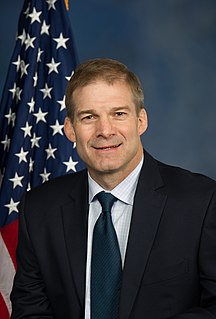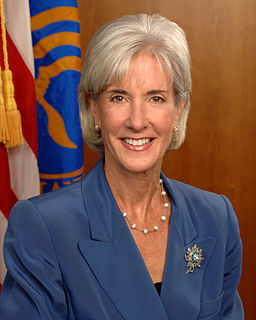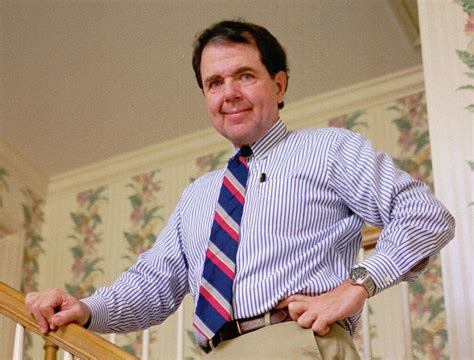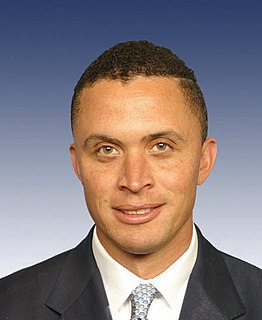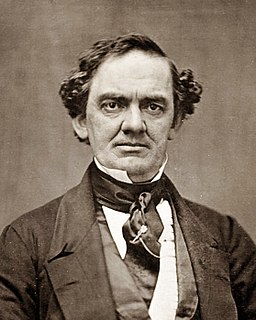Top 1200 Income Quotes & Sayings - Page 3
Explore popular Income quotes.
Last updated on November 5, 2024.
Given the relativity concept, poverty cannot be eliminated. Indeed, an economic upturn with a broad improvement in household income does not guarantee a decrease in the size of the poor population, especially when the income growth of households below the poverty line is less promising than the overall.
Mr. Speaker, in 1848, Karl Marx said, a progressive income tax is needed to transfer wealth and power to the state. Thus, Marx's Communist Manifesto had as its major economic tenet a progressive income tax. Think about it, 1848 Karl Marx, Communism.... I say it is time to replace the progressive income tax with a national retail sales tax, and it is time to abolish the IRS, my colleagues. I yield back all the rules, regulations, fear, and intimidation of our current system.
Why do we need to support the food stamp program? Because low-income families experience unemployment at a far higher rate than other income groups. Because cutting nutritional assistance programs is immoral and shortsighted, and protecting families from hunger improves their health and educational outcomes.
It's one thing to maintain that upper-income earners should pay higher tax rates because they are better able to shoulder the burden for essential government services. But it's constitutional blasphemy to claim that the tax code should be used as a weapon against the wealthy and that the state should be the tyrannical arbiter of how income is distributed.
All taxes, except a 'lump-sum tax,' introduce distortions in the economy. But no government can impose a lump-sum tax - the same amount for everyone regardless of their income or expenditures - because it would fall heaviest on those with less income, and it would grind the poor, who might be unable to pay it at all.
To make a proper moral appraisal of the prevalence of severe poverty today, we should focus not on comparisons with times past, when the global average income was much lower, but on a comparison with what would be possible in our time, given the current global average income and level of technological and administrative development.
If the Nation is living within its income, its credit is good. If, in some crises, it lives beyond its income for a year or two, it can usually borrow temporarily at reasonable rates. But if, like a spendthrift, it throws discretion to the winds, and is willing to make no sacrifice at all in spending; if it extends its taxing to the limit of the peoples power to pay and continues to pile up deficits, then it is on the road to bankruptcy.
Especially for the young and the lowest-skilled, minimum wage becomes a toll that prevents many from entering the work force and gaining the skills that can make a low income or middle class worker a high income worker. This is so obvious that one wonders why liberals keep championing the minimum wage cause.
The lower income individuals, under any Republican proposal, at least that I have seen, are real losers in the framework because there is not enough subsidy, not enough assistance, for them to realistically participate in the market. Particularly if you halt or rollback the Medicaid expansion, which is for the lowest income workers.
True economy consists in always making the income exceed the out-go. Wear the old clothes a little longer if necessary; dispense with the new pair of gloves; mend the old dress: live on plainer food if need be; so that, under all circumstances, unless some unforeseen accident occurs, there will be a margin in favor of the income.
The motivation to start the infrastructure business was to have at least one business that gives you annuity income. Others are services businesses that don't give you annuity income. If you keep the customer happy, you make money. But in a household, if there are five people, keeping all of them happy is also difficult.
If the US government spends 40 percent of the nation's income, as it does through either borrowing or taxes, that income is not available for people to spend. The deficit is an indirect method of taxation. Of course, politicians prefer to borrow instead of tax because then someone down the road has to deal with the consequences.
If one sentence were to sum up the mechanism driving the Great Stagnation, it is this: Recent and current innovation is more geared to private goods than to public goods. That simple observation ties together the three major macroeconomic events of our time: growing income inequality, stagnant median income, and the financial crisis.


































